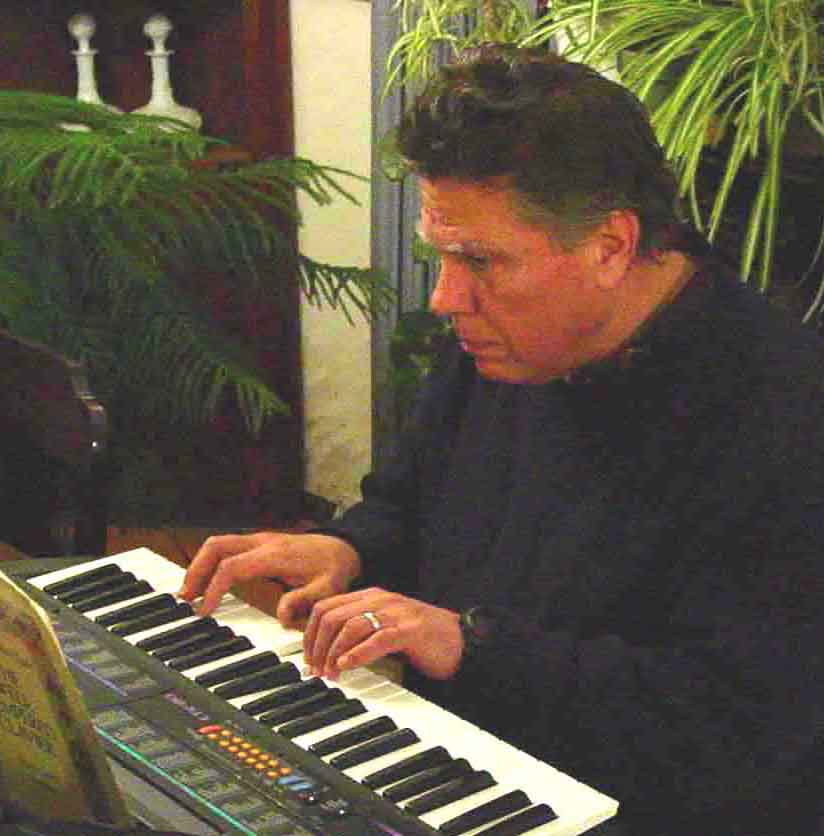Neely's Blog #18

Home
About Neely
Bill of Rights
Compositions
Contact
E-mail List
Neely's Blog
Photos
Upcoming Events
July 7, 2009 -
Additions to my catalogue
I’m going through the academic exercise of updating my curriculum
vitae, which Wesleyan requires me to do from time to time.
Obviously, this entails updating the catalogue as well. So here’s a
list of what I have to work into the catalogue in the next few
weeks. In it’s final form it will have dates and (estimated)
timings, just like the entries do now.
“Two for Helen,” settings of
Emily Dickinson
in honor of the 92nd birthday of Helen Boatwright
Scotsman (a humorous song on an anonymous text)
A Garland of
Sacred Song
The Portals of Saint Bartholomew
Where I am… (a quasi-improvisational
piano piece; see last Thursday’s blog)
A Friendly Fugue for…
Peter Alan Hoyt
Mary Luongo
Joyce Hubbard
Lorry Yelding
Mary Decker Klaaren
A Double Fugue for…
Sarah and
Richard
Peter Standaart
Kay Briggs
Jennifer and Andrew
Jim and Carol
A Partita for Wilhelm Gertz
Prelude; Fugue; Allemande; Eccosaisse; Gigue
Trazom: A prelude for piano, based on a familiar passage from
Mozart
Modal Study No. 1
Arrangements of earlier works for two pianos:
A Fugue for Bitsey Clark
Chorale Fantasy on Old 124th
The Year of Jubilo
Fifty-Four Nifty African Countries (mnemonic chant)
Spatial Chorales (2003)
Lamentation for
Good Friday (1996)
The last two items are omissions. (There may be others—I have to go
through the catalogue with the proverbial fine-toothed comb…)
Otherwise this is music I’ve written since the summer of 2006. I
think it’s striking that there are so many fugues. I never thought
that at this point in my life I would be so interested in imitative
counterpoint. I have a handful of unfinished fugues as well, and
ideas for lots of others. In addition to the fugues there is a great
deal of imitative counterpoint in Portals (see earlier blogs on this
subject), though the spatial nature of that work insures an emphasis
on its non-imitative aspects.
I’ve been writing on my other website about
A Garland of Sacred Song—see
the various “Composition lessons from Charlie.” These are songs for
David Rinald and Susannah Knoble to perform—there are four of them
so far.
I’m also struck at how many of these pieces involve gamesmanship.
From time to time I pick up
Homo Ludens by
Johan Huizinga. I’ve got to read this book from cover to
cover. I have other books on this subject I have yet to read.
Anyway, the whole art of
musical composition
has a profound element of play in it, and that seems to be where a
lot of my ideas are coming from right now.